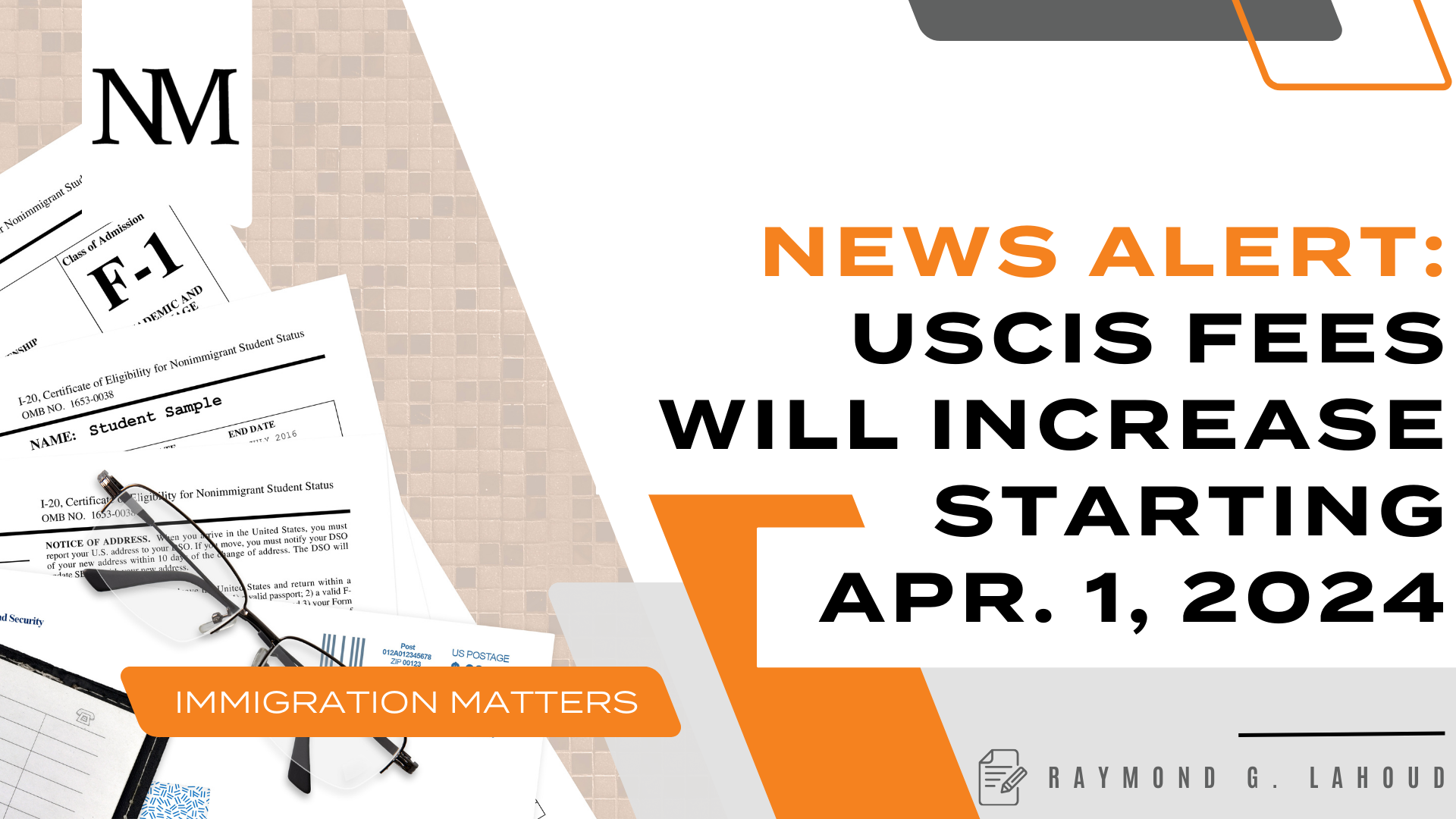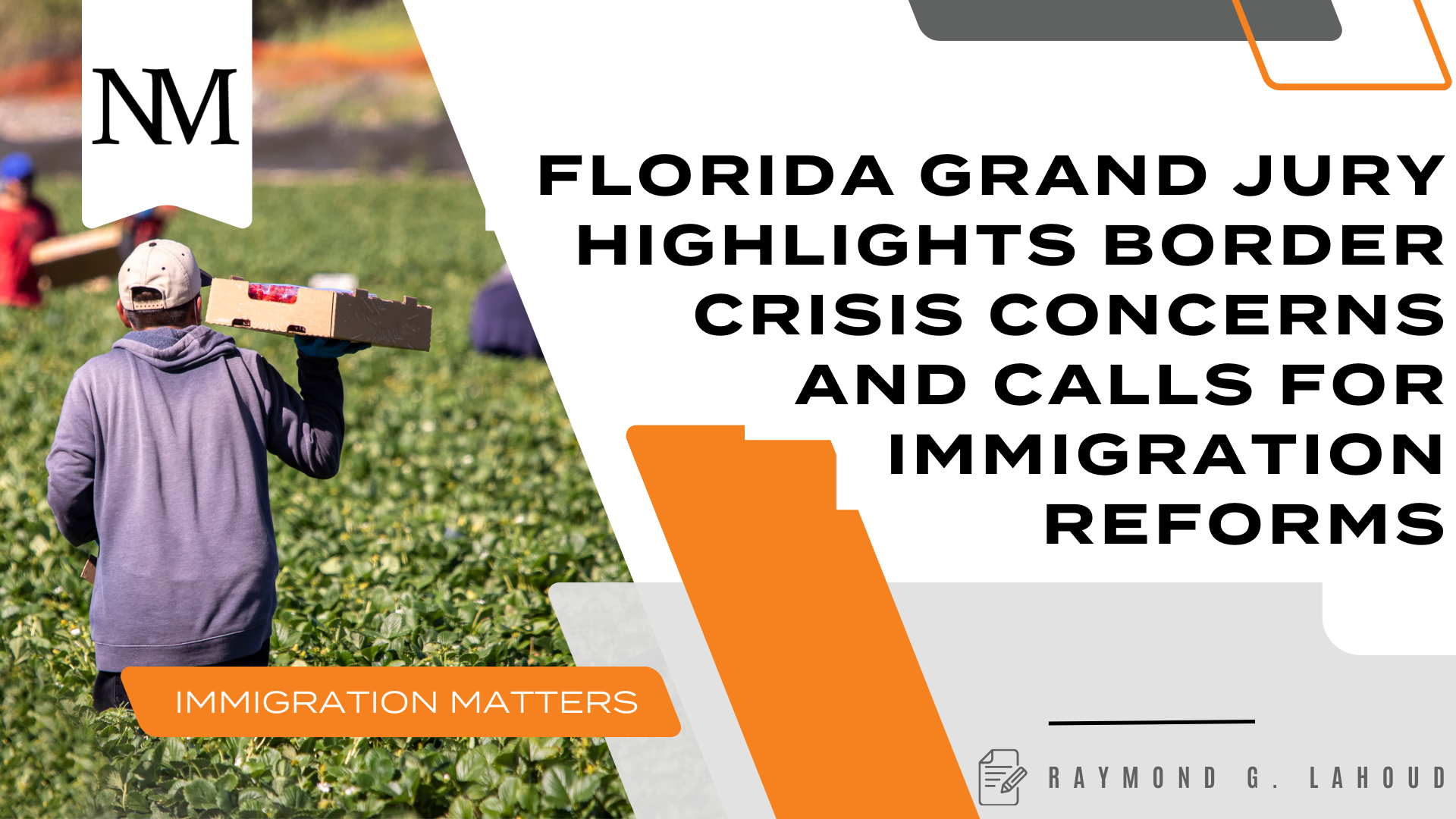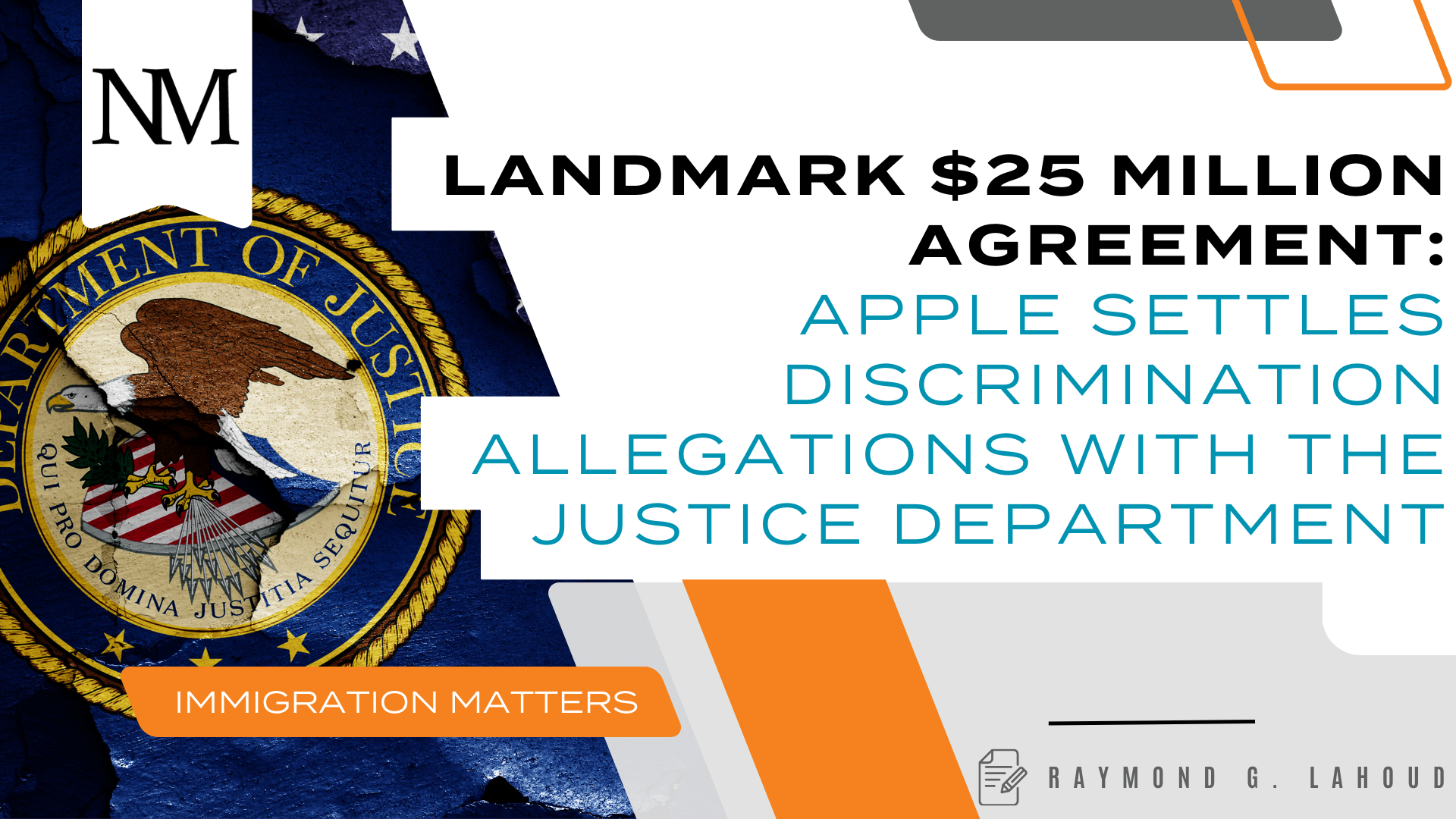Long-Awaited Green Card Bill S.386 Clears Senate Approval

On December 2, 2020, the Senate passed bill S.386, the Fairness for High-Skilled Immigrants Act of 2020. The Senate reached unanimous consent, and the bill was passed as amended. This Act would lift caps on the number of immigrants who can be approved for permanent residency permits (“green cards”), making significant changes to the employment green card system. Big tech companies applauded this result and hope this bill will clear the decades-long green card backlog.
Next Steps for the Bill to Become Law
While the bill has cleared the Senate test, there remains a long road for the bill to become law. The H.R. 1044 bill passed by the House of Representatives in July 2019 was significantly different. Now, the two bills must be reconciled, and a final bill passed. After the final bill passes, it will await approval by the President. The chances of President-elect Joe Biden refusing to sign the bill are minimal, as Sen. Kamala Harris, the Vice President-elect, was one of its lead sponsors.
Main Components of Bill S.386
- The bill eliminates the 7% country cap for employment-based immigrant visas. Currently, nationals of India and China face a massive backlog. This backlog will be cleared by the elimination of the country cap.
- The bill also increases the per-country cap on family-based immigrant visas from the current 7% to 15% available in a particular year.
- The bill establishes transition rules for employment-based visas from the fiscal year 2020 to 2022, by reserving a percentage of EB-2 (Employment-Based Second Category) and EB-3 (Employment-Based Third Category) visas for individuals not from the two countries with the largest number of recipients of such visas.
- Among the unreserved visas, no more than 85% will be allotted to immigrants from any single country.
- The number of H-1B (work visa) and H-4 (dependent visa) individuals approved for a green card is limited to 70% of the total number of employment-based green cards during the transition period and 50% thereafter. Certain exceptions apply for doctors and National Interest Waiver cases.
- The bill also allows applicants to file an adjustment of the status application after the I-140 has been approved for at least two years, regardless of whether the green card is immediately available. This would greatly benefit many dependent children in H-4 who will age out on reaching age 21. After filing the Adjustment of Status application, the applicants will receive Employment Authorizations in three-year increments (a separate form-756 needs to be filed).
- Employers must post the job requirement on a new website for at least 30 days.
- Employers that have previously sponsored H-1B workers must submit W-2 forms to demonstrate compliance with wage requirements.
- Employers that employ 50 or more workers in the United States and who have a workforce comprising more than 50% H-1B or L-1 visa workers would not be eligible to sponsor new H-1B petitions. They will be able to sponsor renewals and transfers of H-1B workers already employed.
- A new fee will be implemented for Labor Condition Application (LCA) filings. Strict scrutiny for LCA applications and increased fines for violations will be implemented.
Reactions to Senate Passing S.386 Bill
- Supporters have stated that this bill will end the nationality discrimination in the visa allocation system, clearing the decades-long backlog immigrants face as the United States follows the nationality limits in awarding permanent residency.
- While some were unhappy with the bill, it will complement big tech companies in hiring immigrants. Some fear that the bill, while helping to clear the backlog for Indian and Chinese nationals, will create a backlog for all other countries.
This bill is set to make many changes to the existing Immigration and Nationality Act. The course it takes, and whether it will be signed into law, remains to be seen. To learn more about this blog post or if you have any other immigration concerns, please feel free to contact me at rglahoud@norris-law.com or (484) 544-0022.




